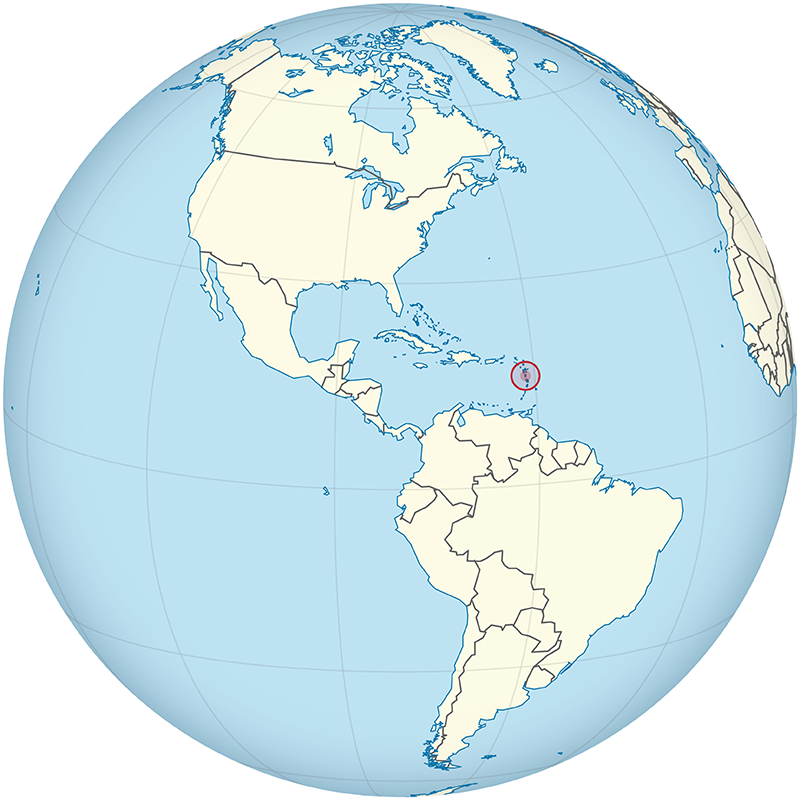
- Population:
- 66,200
- Religion:
- Christianity
Dominica was colonized by the French and later the British before gaining independence in 1978. It has preserved its natural environment and indigenous Kalinago culture. The economy is primarily based on agriculture, tourism, and eco-tourism, with ongoing efforts to develop renewable energy resources.
Dominica, officially the Commonwealth of Dominica, is an island country in the Caribbean Sea, part of the Windward Islands in the Lesser Antilles archipelago. It is situated between Guadeloupe to the north and Martinique to the south. Covering an area of approximately 750 square kilometers, Dominica has a population of about 72,000 people as of 2024. The capital and largest city is Roseau. The official language is English, with Dominican Creole (Kwéyòl) also widely spoken. Dominica operates as a unitary parliamentary republic. The economy is primarily based on agriculture, particularly bananas, tourism, and offshore financial services. Known as the Nature Island of the Caribbean, Dominica boasts lush rainforests, numerous rivers, and the world's second-largest hot spring, Boiling Lake. The country is a member of the United Nations, the Commonwealth of Nations, the Organization of American States, and the Caribbean Community (CARICOM).





